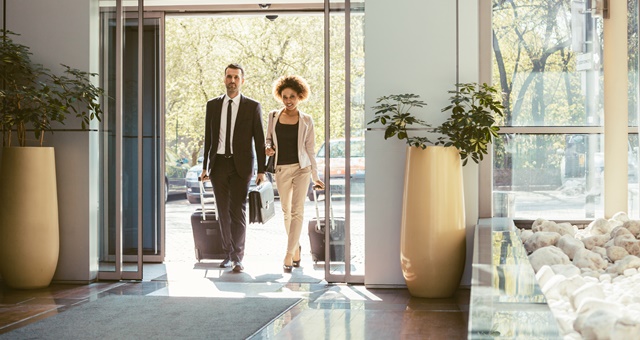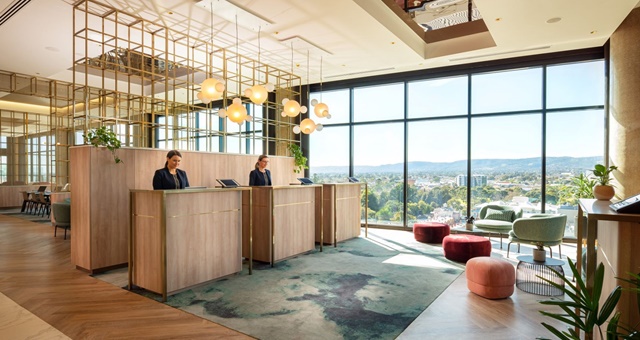Worldwide hotel booking levels are recovering well, according to new research from travel technology giant, Amadeus, which shows the global occupancy rate has returned to two-thirds of what it was prior to the pandemic.
The new ‘Rebuilding Hospitality: Trends in Demand, Data and Technology That are Driving Recovery’ report has revealed the global occupancy rate climbed to 46% for the month of April 2021 – two-thirds of the 70% pre-pandemic norms expected for this time of year. The occupancy levels show a strong upward trajectory, having climbed from 31% in January 2021 and a significant rise on the 13% recorded in April 2020, during one of the darkest months of the pandemic.
Broken down by region, China led the way with 62% across its hotels for April, according to available data, with Australia and New Zealand close behind on 60%. Figures were also heading in the right direction for the USA, Canada and Mexico, which closed at 51% for April, with wider Asia on 34%. Europe continued to struggle at just 17%. Despite this, seven of the top ten best-performing locations in Europe were located in the United Kingdom.
The rate of improvement was strongest in Australia and New Zealand, which has skyrocketed from 30% two months ago to 62% in April. Figures were helped considerably by the opening of the travel bubble between Australia and New Zealand, which sparked family reunions and international holidays between the countries.
In a sign of further growing confidence, the Amadeus research shows a lengthening of booking lead time, with the percentage of bookings made 39 days or more ahead of check-in growing by 11%. Conversely, the rate of last-minute bookings made on the day of arrival shrunk from 39% in January to 25% in April.

A survey of 688 hoteliers in the report indicated a greater sense of optimism among hoteliers, with 30% saying they were anticipating opening or reopening one or more new locations in 2021. In terms of guest interaction, 20% of respondents said they would continue to keep interaction between guests and staff at a minimum for the long-term, with 21% saying they planned to reduce housekeeping frequency as a result.
Amadeus Head of Commercial Asia-Pacific, Hospitality, Maria Taylor, said Australia and New Zealand’s appetite for travel has been reflected in the data results.
“From our survey, nearly half of hoteliers (48%) across Asia-Pacific said they expect pre-pandemic levels of occupancy to return in 2022,” Taylor said.
“And those expectations are supported by our data, as Australia and New Zealand’s occupancy growth in the first months of this year reflect that strong appetite for travel.”


